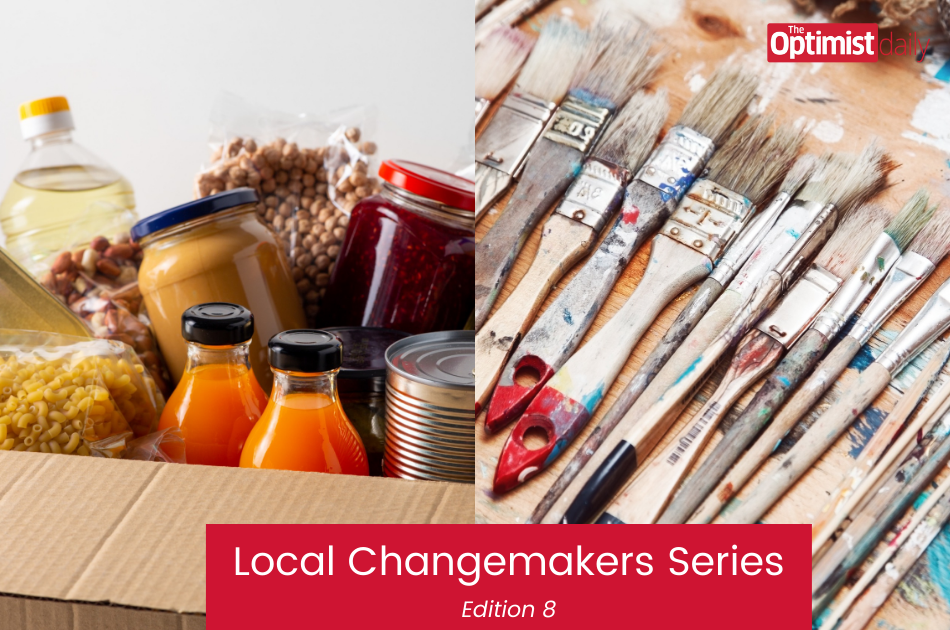The people of Okinawa, Japan, have one of the highest rates of life expectancies in the world, counting 35 centenarians for every 100,000 inhabitants. That’s five times more than the rest of Japan.
Their extended lifespans can be explained by many influences, but one of the strongest influences is in their diet, which emphasizes vegetables and soy products. With that said, there is one particular fruit that is rife in Okinawan villages: the bitter melon.
Also known as the Goya, the bitter melon is a distant cousin to the cantaloupe of honeydew. It’s technically part of the gourd family and isn’t actually a melon at all; some say it looks more like a warty cucumber. But while it’s the most un-appetizing fruit in terms of aesthetics, the bitter melon is packed with phytonutrients and vitamins while providing a Punch of vitamins C, A, and E. On top of that, Goya has potassium, iron, magnesium, and zinc, as well as high levels of antioxidants.
As explained by Blue Zones founder Dan Buettner, bitter melon can be beneficial for diabetes and prediabetes: “There are three compounds in it that help lower blood sugar,” he explains. These compounds (called chantarin, polypeptide-p, and vicine) have been shown to act similarly to insulin when they’re ingested in the body. Of course, much more research is necessary before we can consider bitter melon a helpful treatment for a chronic condition, but the blood sugar benefits are hard to ignore.
So, what’s the best way to add bitter melon to your diet?
While you can simply eat it, not everyone is a fan of the taste because it’s, well, bitter. If the taste isn’t for you, you can opt for a supplement or concentrated juice. Another option is to add it to curries and soups along with other healthy vegetables.












